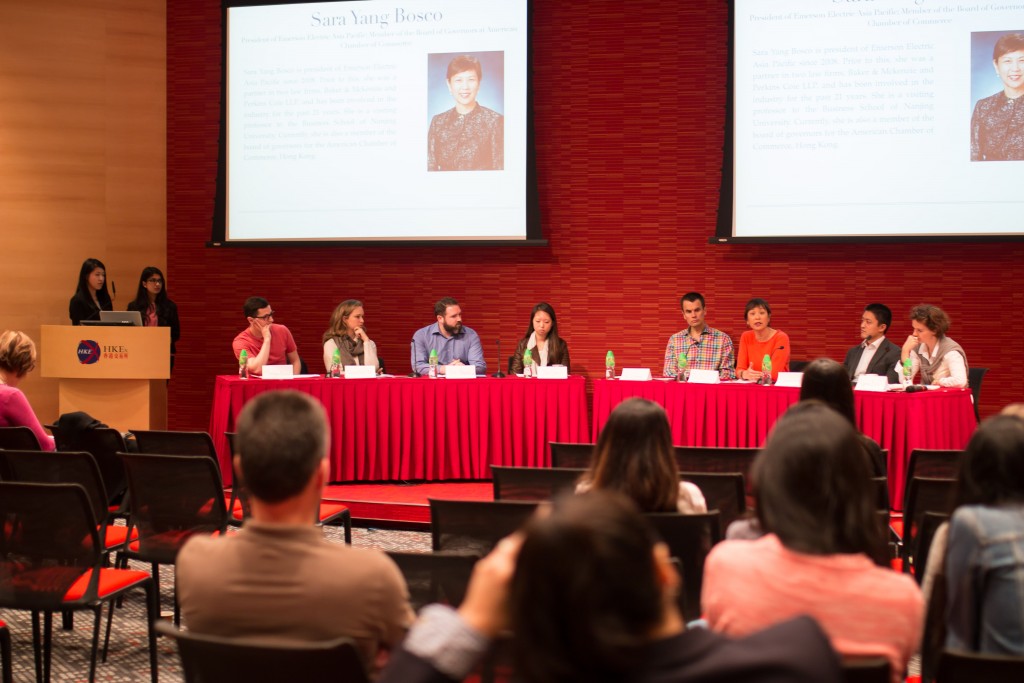As someone who’s going to be going to work in the shockingly near future, I want to be able to do well and have a promising career. In a society that puts heavy emphasis on equality with the need to be politically correct and the enforcement of different policies to ensure fairness, such affirmative action, it’s shocking to see, on one hand, how much women’s lives have improved, yet on the other hand, how far we still have to go. Legally speaking, women and men are as fair as it can get, yet there is such a disparity in the workplace based on our mindsets, especially amongst those in more prestigious positions. Before I am able to fully know what to do to solve this underrated issue, it is important to understand why there is such a problem to begin with. What mindset and thought process unintentionally creates such an environment? Virginia Valian’s article “Women At The Top In Science and Elsewhere” focuses on dispelling and breaking down some popular notions brought forth by others while putting forth her own reason as to why men tend to dominate top positions in different fields, especially that of math and science. Valian displaces two main reasons society tends to think of when asked of why men are usually at the top: the notion that men are more competent and knowledgeable than women are, and women’s disinterest in the field of math and science leads them to choose not to work in those fields of study. After debunking these two reasons, Valian puts forth her reason as to why women are seen less in top professional positions in math and science: gender schemas, which focuses the distorted perceptions of men and women, and accumulation of advantage, the idea that letting the small, seemingly unimportant unfairness slide eventually leads to the problem our society faces now.
I am in agreement with the reasons Valian puts forth. After hosting a panel last year and spending the whole year thinking about and discussing people’s perceptions and stereotypes of both genders, these boxes that we tend to fit men and women in are detrimental to our society. In terms of a professional career, this is seen mainly in the hindrance of a woman’s opportunities. While our society has constantly been evolving, many mindsets tend to stay the same. Going deeper into Valian’s proposition of gender schemas, I believe that a reason that gender schemas exist is our difficulty in accepting change. Women have always been placed with the role of being caregivers, nurturing, and loving. This is still seen today in many cultures, especially in the Asian culture, but we have to remember that even in the early 20th century, women staying at home and being the caregiver while men going out to work was the social norm. For many people, it’s hard for them to change that ideal, therefore there still exists this mindset that men tend to be more qualified to work than women are, which underrates women.
There is always conflicting tensions when it comes to equality and finding a middle ground. In this case, when is it the right time to step up and say something? Valian talks about how the little things, the little problems, piles up and creates a big problem that is seen later on. I agree with that notion, yet at the same time, should women speak up every time there is a possible bias with a decision? Valian talks about how people are encouraged not to make something big out of something small, but I believe that it is very difficult to point out every single time that such a situation arises. How are you able to tell when a decision is made based on gender bias? When looking at research, it’s very simple to make such a conclusion because when looking at two people’s professional careers and creating such an experiment making employers choose between a man and a woman in the same level, the researcher has all the details and qualifications. Yet in a real life situation, many times people do not have such a detailed knowledge of whoever they are going against to be able to make such a sound decision or accusation that such employer is being biased.
One thing I believe Valian does too quickly is disregard the reasons put forth that she disagrees with. While I do believe that the reasons she puts forth are valid, I believe that those two reasons do not give a full enough picture to answer the question as to why women are underrepresented. I believe that a portion, while not the majority by any means, of women are not at the top in science or mathematics do want to focus on family and other interests as a greater priority, as many women do choose to stay at home after having children. This is only one side to such a multifaceted problem.
Valian has poked holes and have made strong conclusions to help understand the why question more. This question has many angles we can take to help gain a broader and deeper understanding. I hope I was able to add on to the discussion in some way.
